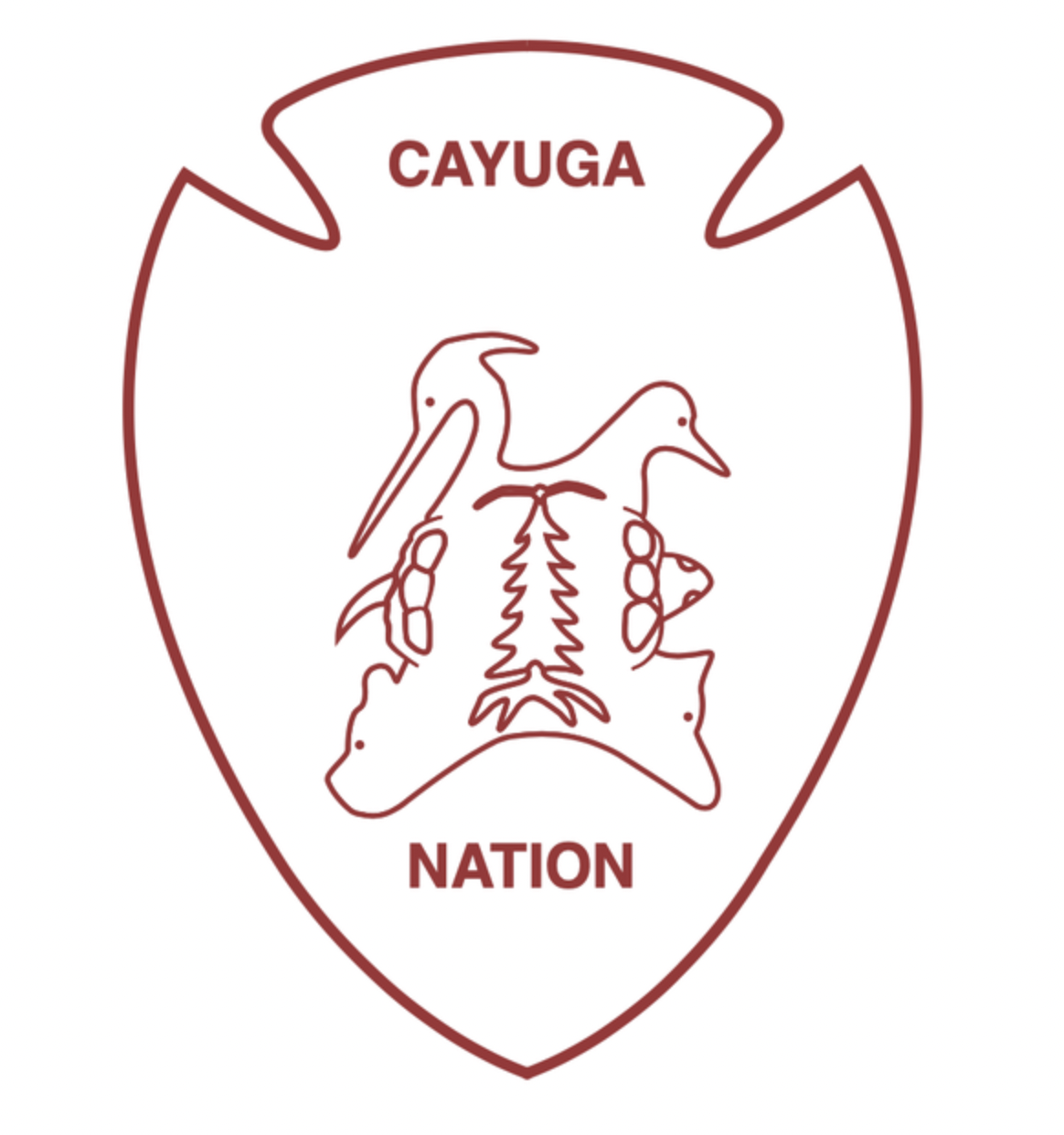
- Details
- By Native News Online Staff
The Supreme Court has allowed a lower court ruling to stand in the case of Howard Tanner, et al., v. Cayuga Nation, et al., a case in which the Village of Union Springs, New York sought to shut down an electronic bingo hall operated by the Cayuga Nation, because of a local ordinance prohibiting gambling.
“The Supreme Court today has reaffirmed what we have known all along: Cayuga Nation land within its reservation boundaries, as set forth by the Treaty of Canandaigua nearly 220 years ago, is entitled to sovereign immunity and protected by the Indian Gaming Regulatory Act,” said Cayuga Nation leader Clint Halftown in a statement to the press. “The Cayuga Nation’s electronic bingo hall, like all of our economic development enterprises, is an important source of revenue and opportunity for our members, and we will continue to vociferously defend our sovereign rights as we have always done.”
In July 2021, the U.S. Court of Appeals for the Second Circuit ruled in favor of the Cayuga Nation, affirming a lower court’s finding that the local ordinance, as well as all other state and local laws prohibiting gambling, are preempted by the Indian Gaming Regulatory Act (IGRA).
Want more Native News? Get the free daily newsletter today.
According to Cayuga Nation’s press release, the Village of Union Springs has exhausted all legal avenues to enforce its ordinance. The Village of Union Springs cannot prohibit gaming at Cayuga Nation properties within the borders of the Cayuga Nation reservation.
Cayuga Nation is a federally recognized sovereign Indian nation established in 1794 by the Treaty of Canandaigua. The Nation’s sovereign and federally protected 64,015-acre reservation is located in the Finger Lakes region of the State of New York.
More Stories Like This
50 Years of Self-Determination: How a Landmark Act Empowered Tribal Sovereignty and Transformed Federal-Tribal RelationsTunica-Biloxi Chairman Pierite Elected President as Tribal Nations Unite Behind New Economic Alliance
NCAI, NARF Host Session on Proposed Limits to Federal Water Protections
“Our Sovereignty Is Not Optional”: Tulalip Responds to ICE Actions
Denied Trip to Alcatraz, Leonard Peltier Tells Sunrise Gathering: “My Heart Is Full”
Help us defend tribal sovereignty.
At Native News Online, our mission is rooted in telling the stories that strengthen sovereignty and uplift Indigenous voices — not just at year’s end, but every single day.
Because of your generosity last year, we were able to keep our reporters on the ground in tribal communities, at national gatherings and in the halls of Congress — covering the issues that matter most to Indian Country: sovereignty, culture, education, health and economic opportunity.
That support sustained us through a tough year in 2025. Now, as we look to the year ahead, we need your help right now to ensure warrior journalism remains strong — reporting that defends tribal sovereignty, amplifies Native truth, and holds power accountable.
 The stakes couldn't be higher. Your support keeps Native voices heard, Native stories told and Native sovereignty defended.
The stakes couldn't be higher. Your support keeps Native voices heard, Native stories told and Native sovereignty defended.
Stand with Warrior Journalism today.
Levi Rickert (Potawatomi), Editor & Publisher

